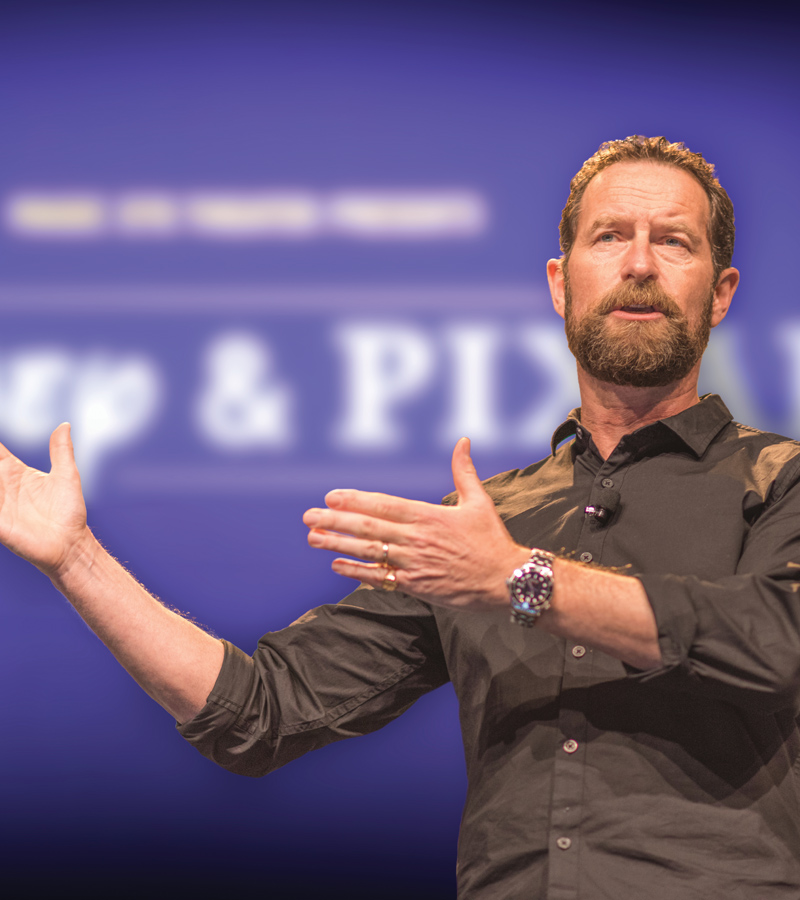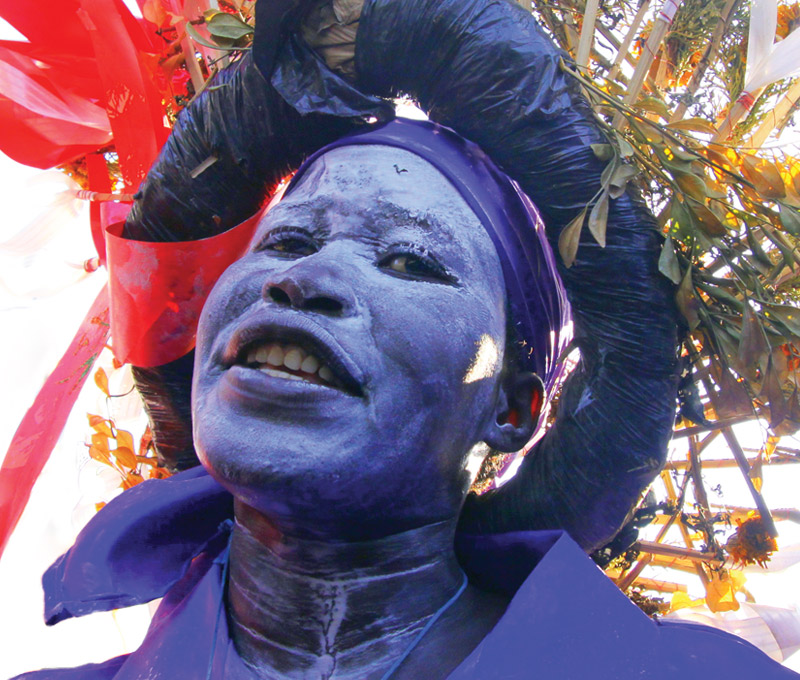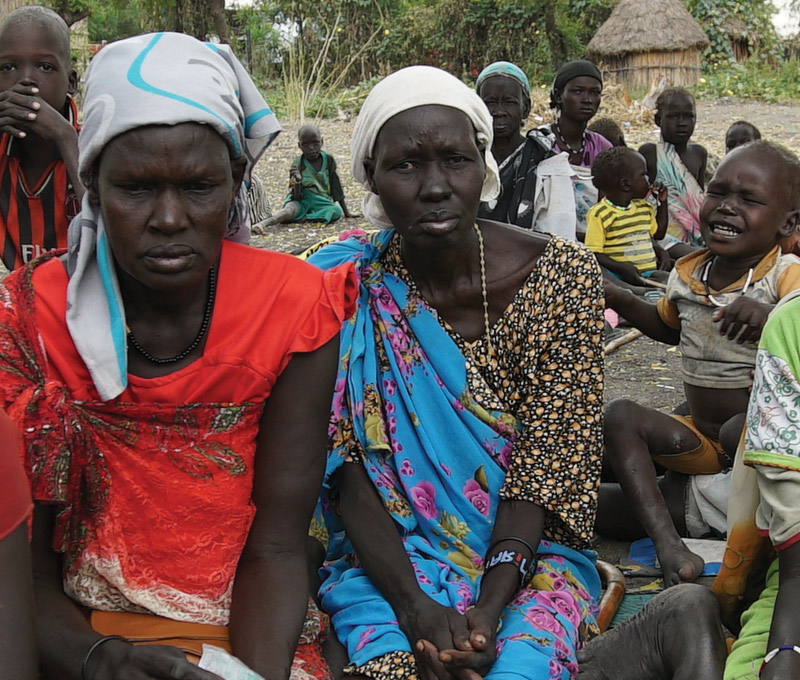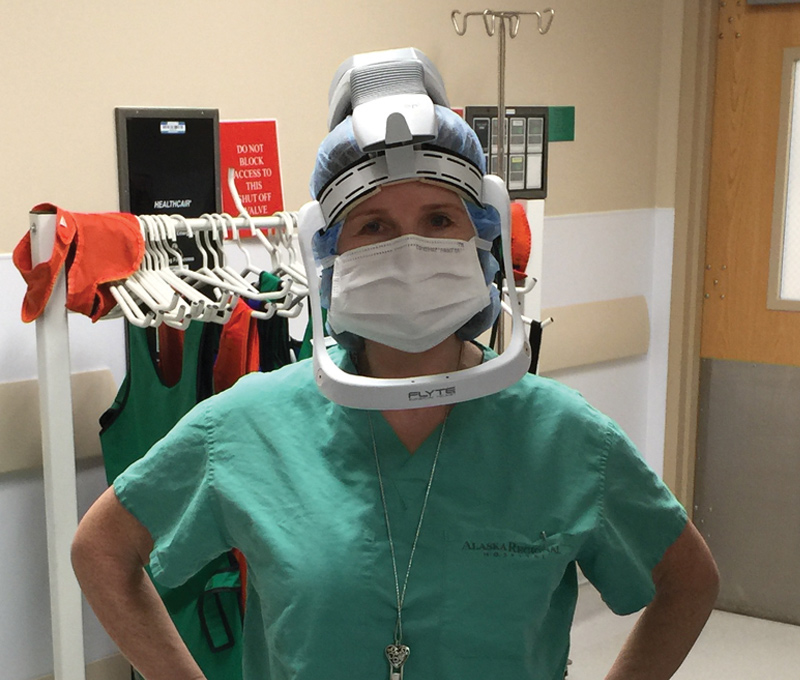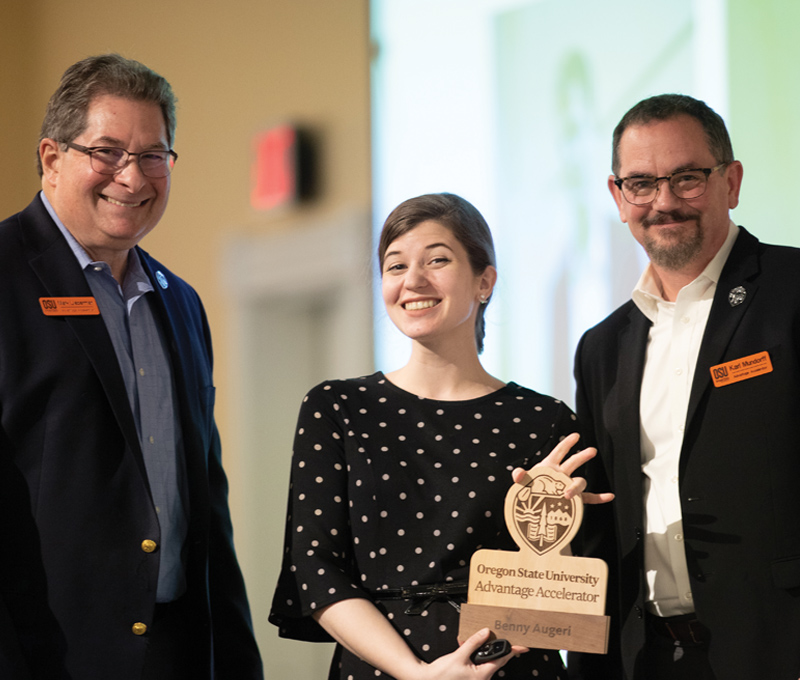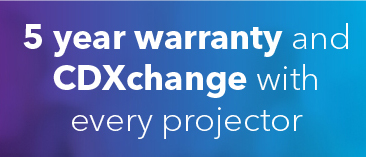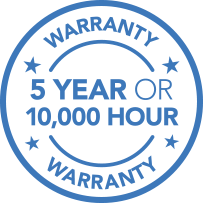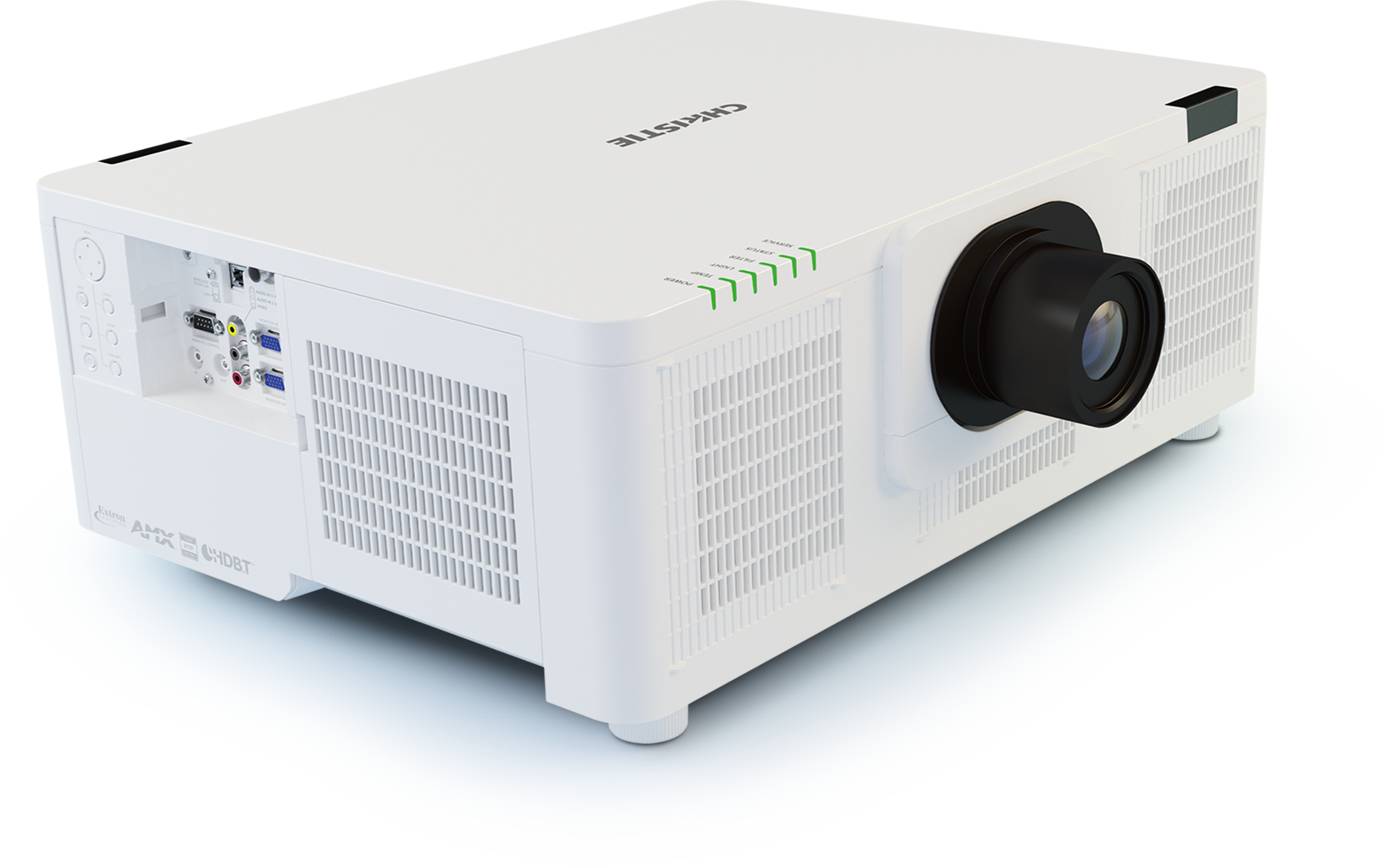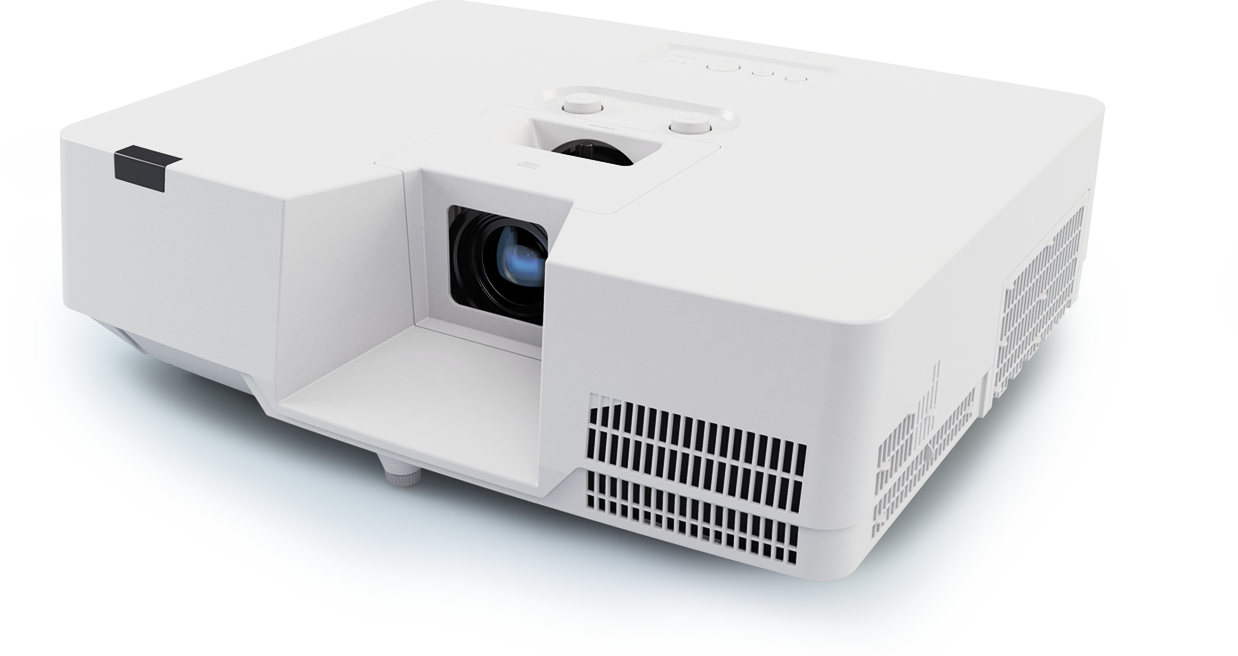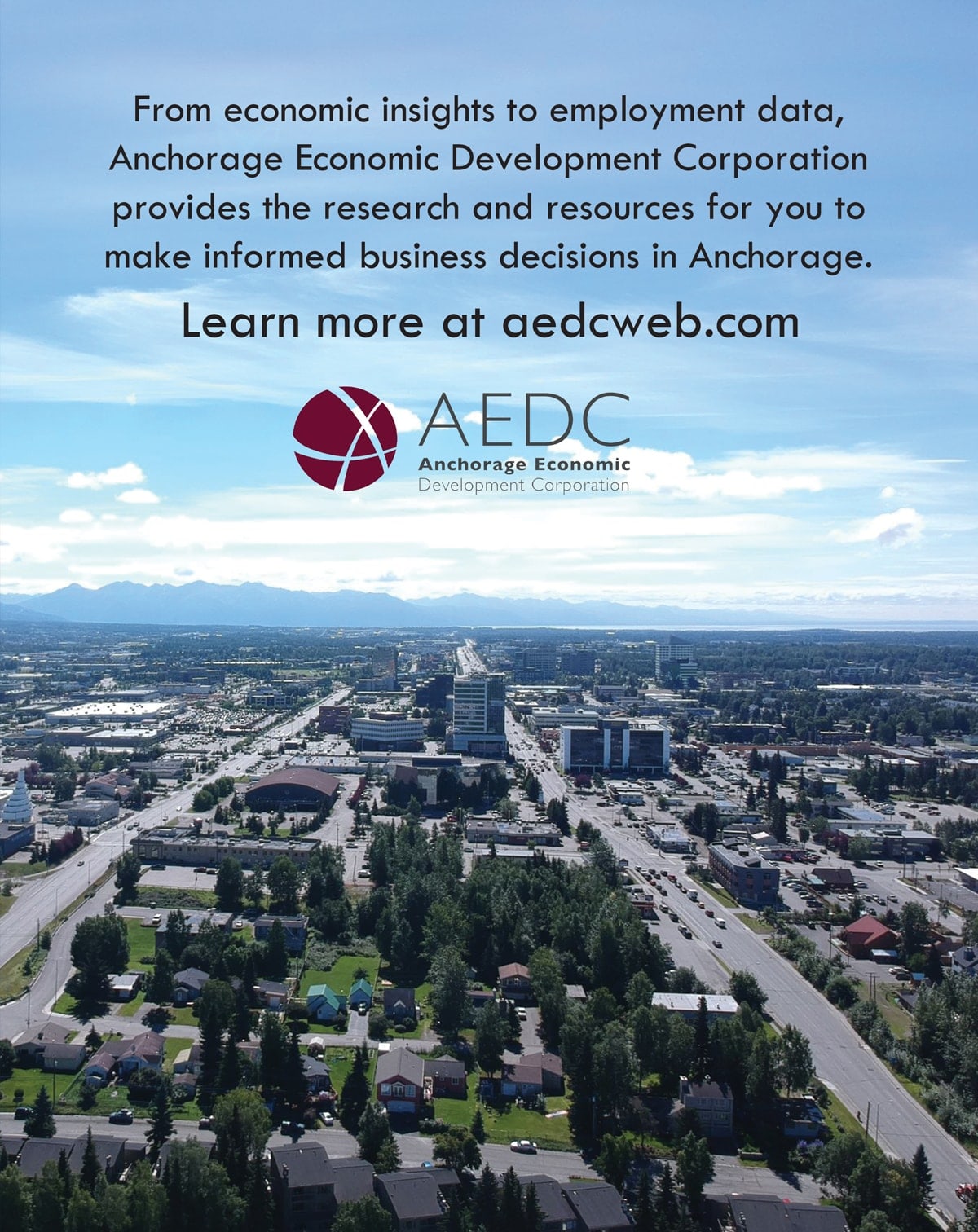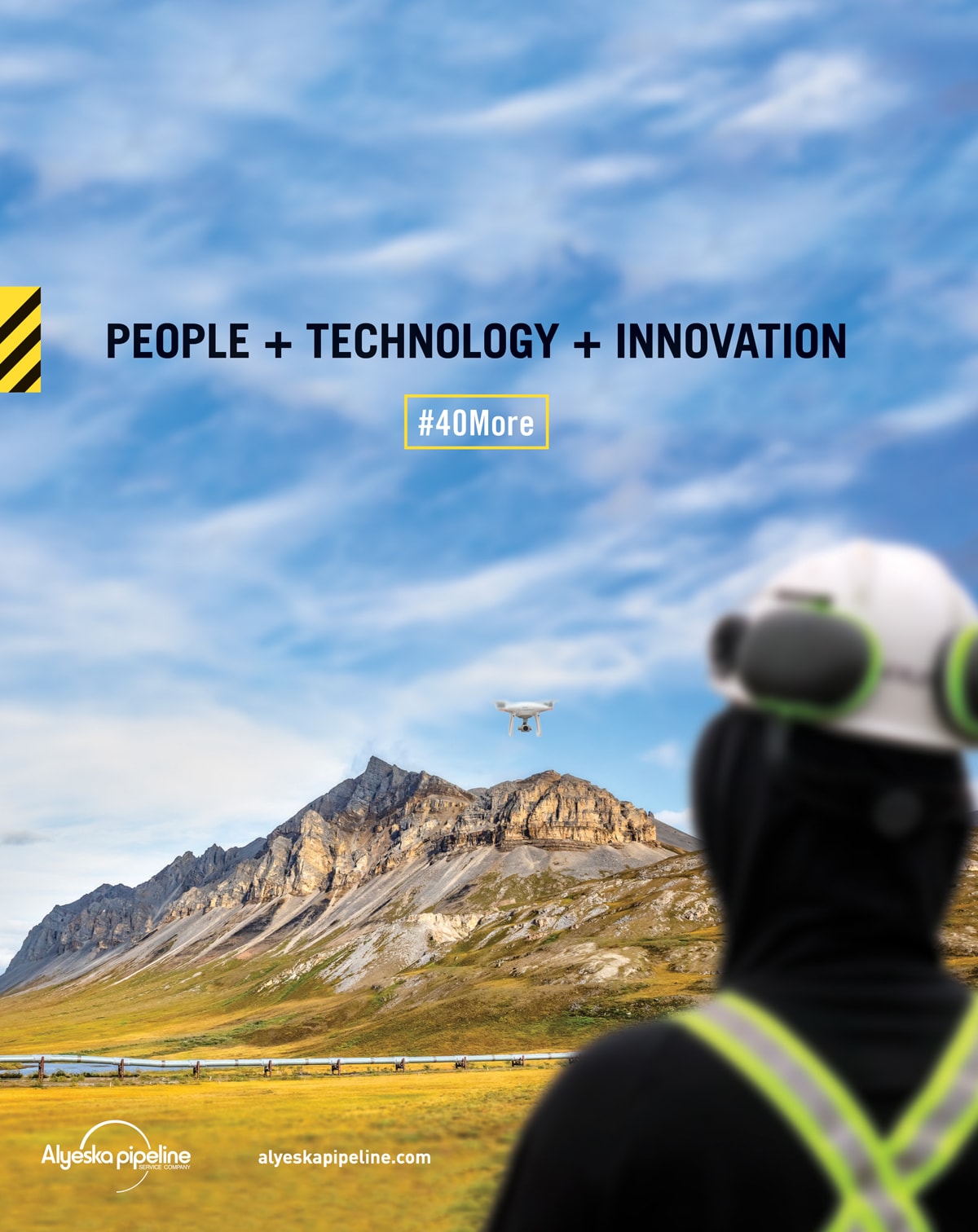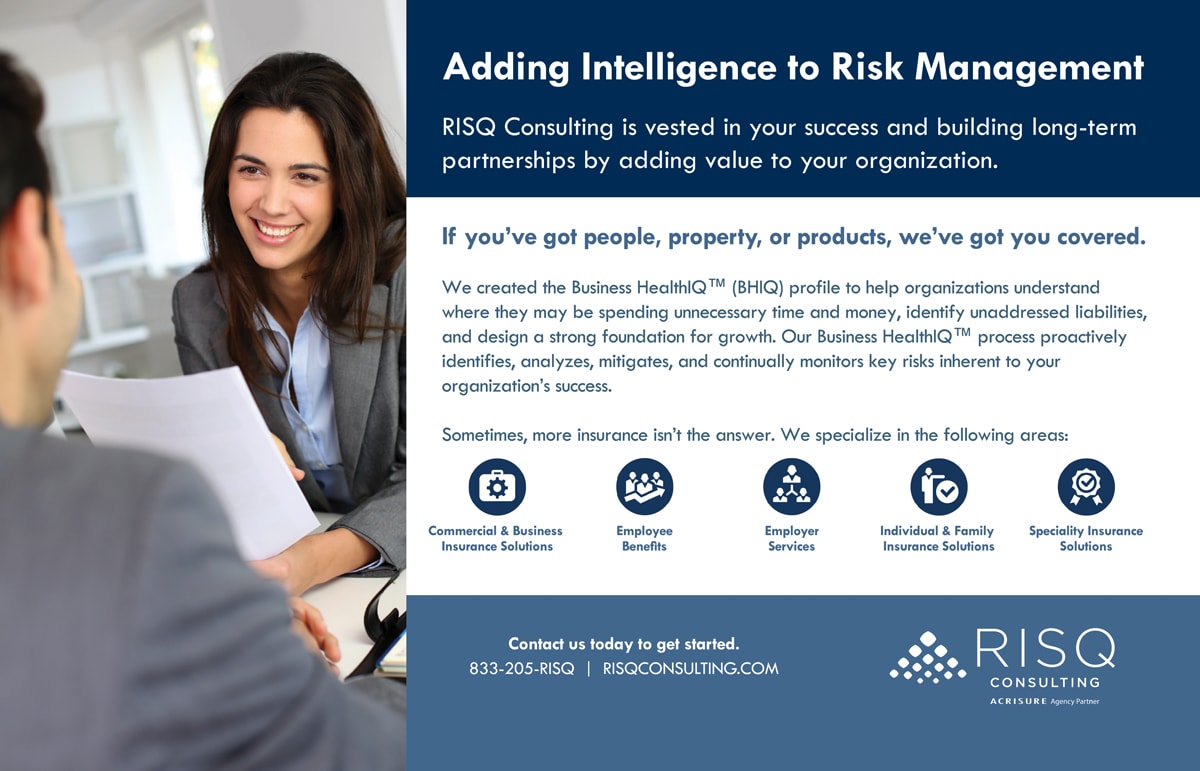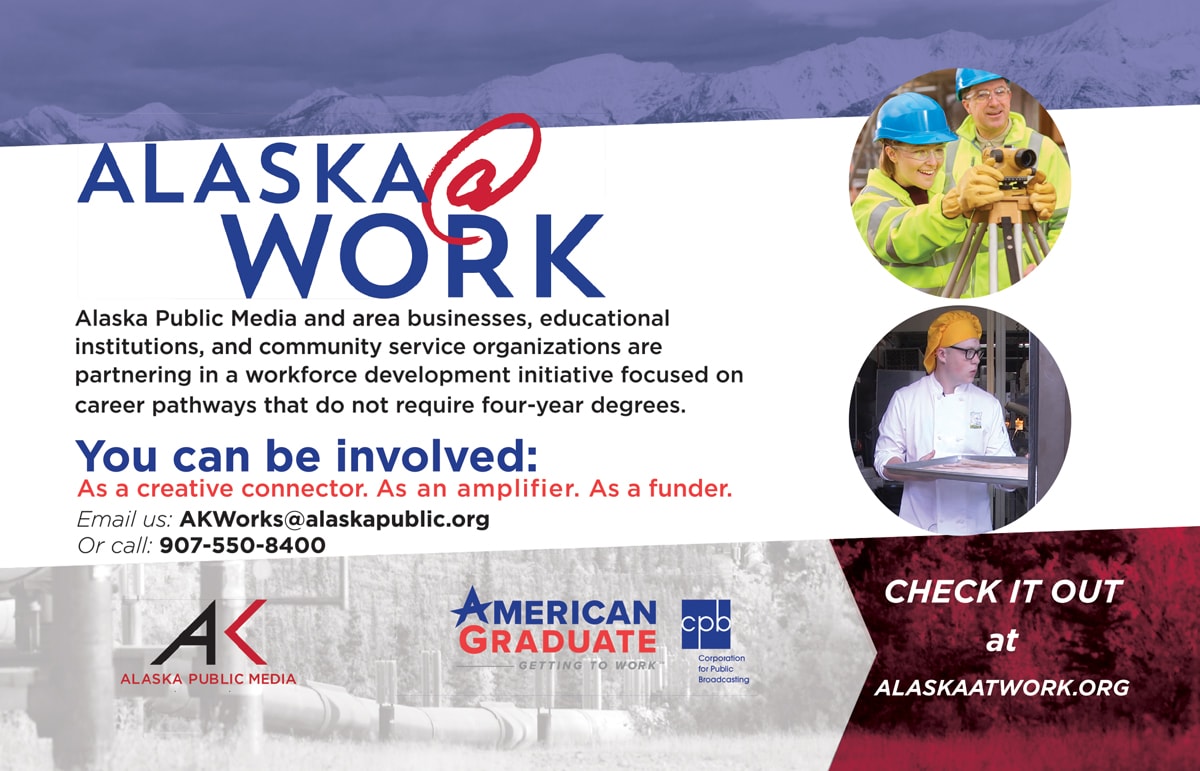
Jul-Sept 2019
- Integrated design with existing network
- Custom download/upload speed, and Contention ratio for optimized efficiency
- 24/7 always on, active monitoring and remote technical support
- Network Operations Center assistance to ensure reliability
- Communications support for your field crew
- Disaster recovery and business continuity
TO LEARN MORE, VISIT WWW.ALASKACOMMUNICATIONS.COM/SATELLITESERVICES




For decades, science fiction writers and skilled marketers have been promising the panacea of a technically enhanced future, a carefree lifestyle in which we are relieved from the drudgery of routine tasks and the burdens of daily life. These well-intended visions of the future were partially correct. However, the prognosticators of the future neglected to acknowledge an important aspect of technical progression and human experience: the future of responsibility.
In the 1960s, the television show Lost in Space imagined a clothes dryer that delivered its final product wrinkle-free, folded and ready-to-wear. It did not conceive how human interaction would be transformed by individual opinions and events, large and small, broadcast to a global audience via a post or tweet. Likewise, Star Trek envisioned the ultimate video game, a Holodeck, never considering the addictive lure of virtual reality, or that treatment programs would be a byproduct of far less sophisticated offerings.

Rick Thomas
Editor
Nance Larsen
Cover Photo
David Lawrence
Visualizer
Jeanette Hamje
The STRIVE Group, LLC
Subscribe to the Magazine
thestriveproject.com/subscribe
Copyright © 2019
The Strive Group, LLC
All rights reserved.
Contents
arlier this year, as news came through of continued unrest in Haiti, my heart ached. Memories of my life-changing experience there came flooding back.
In Dublin in the summer of 2010, I received a call from the Soul of Haiti Foundation asking if I wanted to spend three months in Haiti to work on a project called Brand Haiti, aimed at communicating a new and positive image for the country. I had always wanted to spend time working in a developing country, not a one-off trip to build houses, but a job where I could use my business skills and experience to try to make a difference in that country. The opportunity had never arisen, until now. Two weeks later I was in Port-au-Prince and my initial three-month plan extended to an incredible two years.
I must admit, before I arrived all I really knew about the country was a little bit of its history and, of course, the 2010 earthquake. I was working with an Irish NGO during that time, and the response to the emergency was incredible. From the media coverage, I had the perception of Haiti being a country destroyed, a violent place with high risks of kidnapping, not a country you would want to spend much time in, certainly no more than three months.
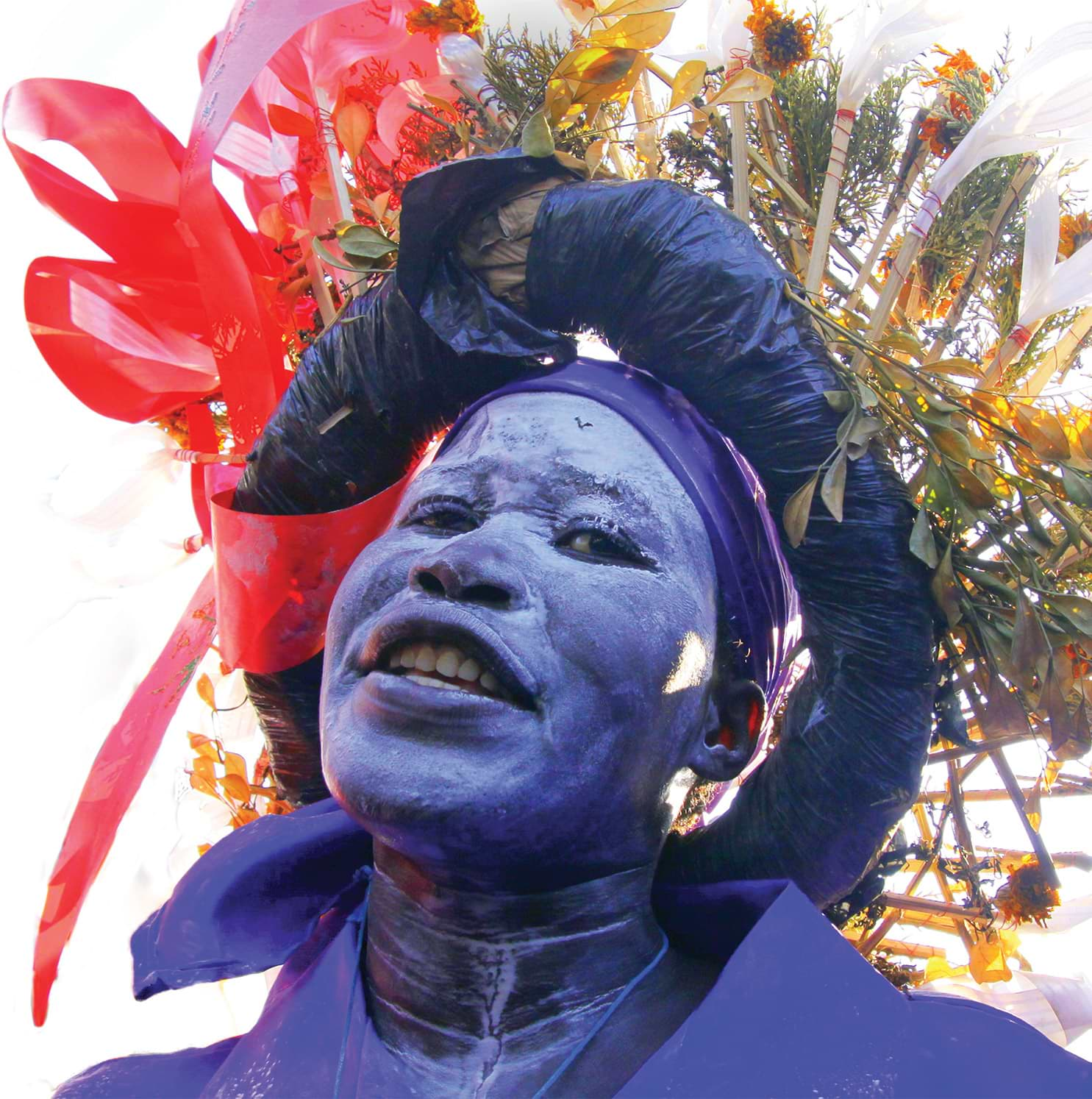
arlier this year, as news came through of continued unrest in Haiti, my heart ached. Memories of my life-changing experience there came flooding back.
In Dublin in the summer of 2010, I received a call from the Soul of Haiti Foundation asking if I wanted to spend three months in Haiti to work on a project called Brand Haiti, aimed at communicating a new and positive image for the country. I had always wanted to spend time working in a developing country, not a one-off trip to build houses, but a job where I could use my business skills and experience to try to make a difference in that country. The opportunity had never arisen, until now. Two weeks later I was in Port-au-Prince and my initial three-month plan extended to an incredible two years.
I must admit, before I arrived all I really knew about the country was a little bit of its history and, of course, the 2010 earthquake. I was working with an Irish NGO during that time, and the response to the emergency was incredible. From the media coverage, I had the perception of Haiti being a country destroyed, a violent place with high risks of kidnapping, not a country you would want to spend much time in, certainly no more than three months.

STEP 2: Create interest
STEP 3: Motivate Action
STEP 4: Reap rewards
- AxisTV Signage Suite content management software is scalable, flexible and user-friendly.
- Award-winning interactive touchscreen designs invite your audience to participate.
- Interactive and e-paper meeting room signs help you manage shared spaces more efficiently.
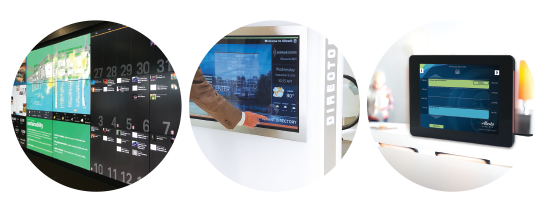

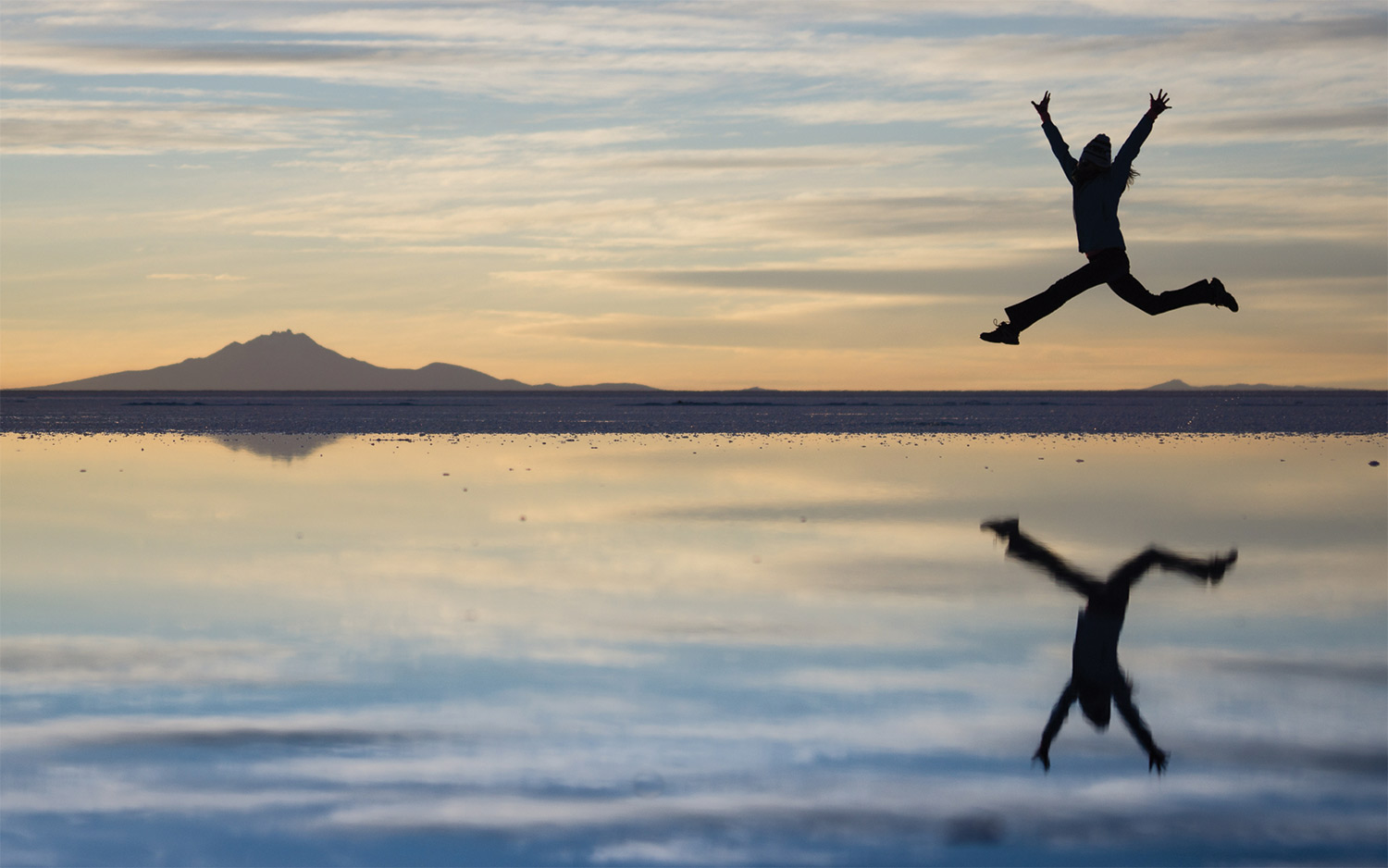
s entrepreneurs, it’s easy for us to become completely immersed in our work. We believe in it. We’re passionate about it. And, let’s face it, taking an idea from inception to success takes a lot of effort. When we add in the time dedicated to our families, communities, and life’s other obligations, we can find ourselves in the middle of a chaotic rat race.
Five years ago, my husband and I had unintentionally turned our life into that rat race. We were stressed out and running ourselves ragged, trying to balance a technology and consulting business with the needs of our three daughters, our home and our community commitments. Back then, after some soul-searching and financial planning, our family made the rather drastic decision to depart from the chaos for a while. In 2014, we sold almost everything we owned, pulled our daughters out of school and took a trip around the world for the next eighteen months.
Granted, world travel on this scale isn’t for everyone. However, during that journey I learned some valuable lessons that I think are worth sharing. By taking the time to establish a few new habits, I’ve created a more balanced and intentional life for myself since returning home from our world journey.
— Ralph Waldo Emerson
iblings. This simple word is the foundation of my life’s course. More than just people who share my DNA and family history, my siblings — identical twin sister and best friend, Melissa, and big brother, Josh — are more than supporting players in my life story. They are co-architects of the life I live today. As the co-founder of two companies, I am daringly trekking on an entrepreneurial journey alongside my twin sister as we change the landscape for families with special needs. It is a journey fueled by difficult and beautiful experiences as a sibling of a brother with special needs and amplified by becoming a parent.
One in four U.S. adults — 61 million Americans — have a disability that impacts major life activities, according to a report in the CDC’s Morbidity and Mortality Weekly Report. Further, the most common disability type, mobility, affects one in seven adults. Their struggles are not confined to their household but impact society at large. For families with special needs, the things that many take for granted, such as going to work or the grocery store, require planning and support. The burdens are even greater for low-income families.
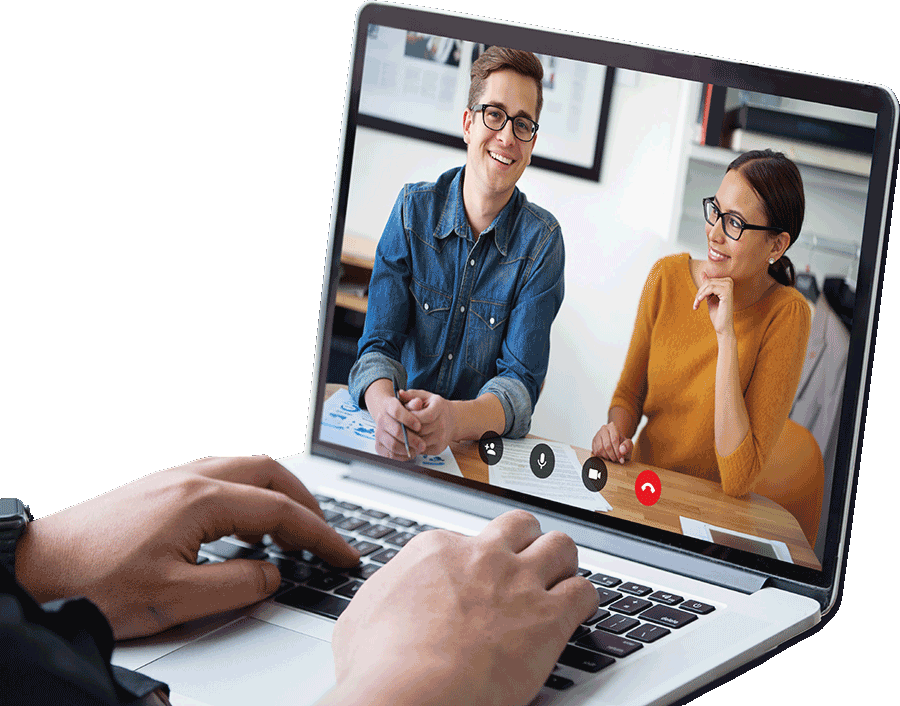
t’s mid-morning. It’s dry, dusty, hot and almost 100° F. I’m walking through the market in Old Fangak, South Sudan. This is the equivalent of your local shopping mall, yet it’s unlike anything you’d find in my hometown of Anchorage, Alaska, or probably in your hometown either.
There are more than 100 small shops. Most are bamboo-walled with roofing made of tarps. Some are simply out in the open under the sun. “I love Africa,” Air-Jordan and Gucci logo shirts blow in the wind, along with pink bras, blue sneakers and long, multi-colored dresses similar to the Indian sari. You can also buy candy, bags of sorghum and barbecued goat.
The Secret Tool That Created Disneyland, Netflix and Uber
or most organizations, especially legacy brands, there is a tendency to get trapped by success. Between quarterly results and team goals and division metrics, all their work becomes focused on hitting these numbers. Businesses iterate instead of innovate, figuring that an updated version of whatever got them here will be enough to get them there.
For a long time, this iteration strategy has worked. But not anymore.
It’s time to Disrupt or Die.
How can you help your organization disrupt, slay the sacred cows and challenge status quos in a way that not only is accepted, but becomes the norm?
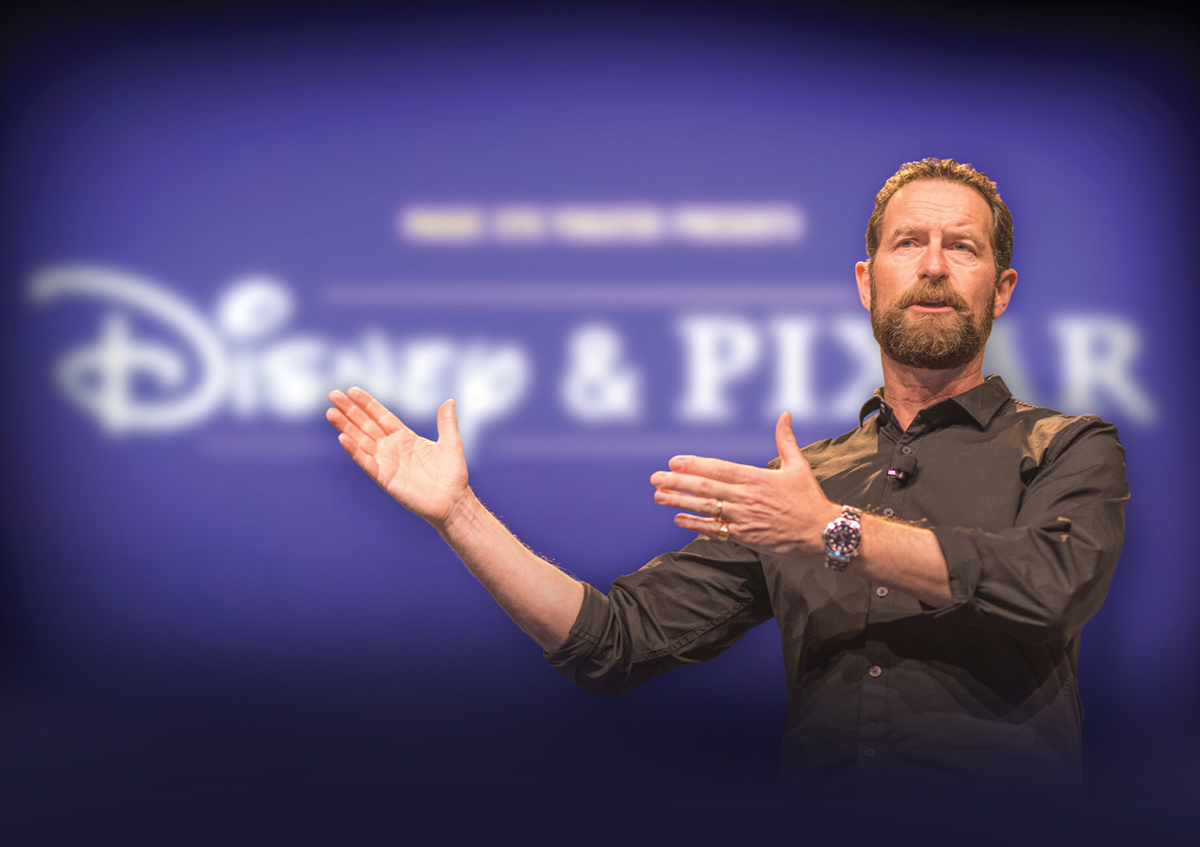
The Secret Tool That Created Disneyland, Netflix and Uber
or most organizations, especially legacy brands, there is a tendency to get trapped by success. Between quarterly results and team goals and division metrics, all their work becomes focused on hitting these numbers. Businesses iterate instead of innovate, figuring that an updated version of whatever got them here will be enough to get them there.
For a long time, this iteration strategy has worked. But not anymore.
It’s time to Disrupt or Die.
How can you help your organization disrupt, slay the sacred cows and challenge status quos in a way that not only is accepted, but becomes the norm?
In 1940, Walt Disney released his masterpiece, Fantasia. As was Walt’s creative vision, he sought to heighten other audience senses by changing the actual viewing environment. He wanted it to mist inside the theater during the “Little April Shower” scene. And he wanted audiences to feel the heat pumped into the theater during “Night on a Bare Mountain”.
But there was a problem. Disney didn’t own any movie theaters, and he couldn’t convince the theater owners to make that level of investment for one movie.
So, Walt decided to use the “What If” tool to create a solution to his problem, a solution that went on to become one of the most creative solutions of the 20th century.
‘’Brandon Black and Shayne Hughes have landed on a key insight: When leaders let go of ego, they unlock their potential. The story of how they improved culture and performance at Encore Capital is packed with useful lessons for coaches and leaders alike.’’
‘— Marshall Goldsmith,
Executive Coach, and
New York Times Best-selling Author
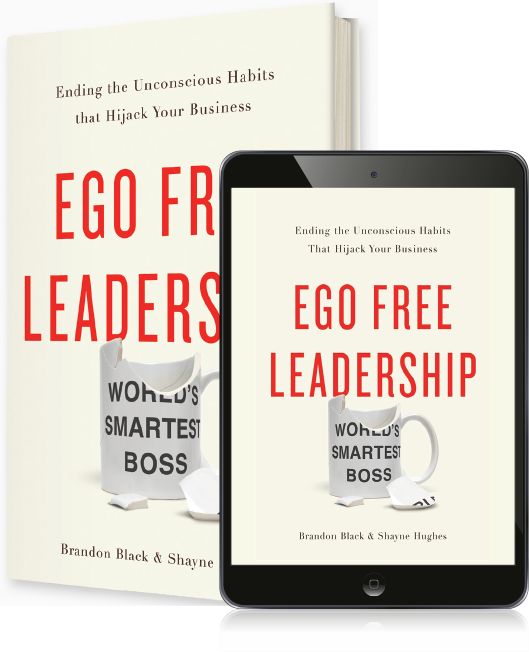
Available in print, audio and digital formats. Visit learnaslead.com/ego-free-leadership.
Learning as Leadership is a culture change and leadership development firm helping organizations such as Shell Oil, Fairchild Semiconductor, NASA, Sandia National Laboratories, and Capital One create cultures of open communication and collaboration.
For more information visit learnaslead.com.
never set out to be CEO of a hospital. I actually had aspirations of beauty school in my younger years, as I always liked helping people feel good about themselves.
I was not the kid who loved school, although good grades came easily. I wasn’t active in student government and was painfully shy in front of crowds. I was your classic “nerd” with a small circle of friends. I couldn’t wait to be finished with high school and take a year off to figure out what I wanted to do.
However, I had a scholarship that required starting college right away, so I enrolled under duress, taking a few basic classes and telling myself there was always next summer to slow down and make some decisions. But my heart was not in it and my grades showed, which is how a high school honor student ended up on academic probation her first semester in college.
I didn’t study for my psych final and didn’t show up for my sociology final because it was snowing. The bottom line was that I wasn’t ready to go to college. I knew it when I enrolled, and in doing so, I wasted time and money in the process.
The experience has turned into a life lesson that I share with others today. The choices we make along the way will always affect our future whether we realize it at the time or not. No effort is a waste as long as you are moving forward!
As the daughter of a nurse and a social worker, one would think my path into healthcare would have been clear. I loved working with people and enjoyed making things better for others. From closets to hair, the “before and after” transitions were something I really enjoyed, and I still do.
When I landed my first job as a nursing assistant in a nursing home and got to do all of these things, I was ecstatic. I loved taking care of the residents. Getting them cleaned up, taking them to their meals and fixing their hair was a great day for me, and I came to love each one of them. After a full summer as a nursing assistant, I decided what I wanted to do…beauty school!
Despite what others would see as obvious signs pointing to healthcare, I was oblivious. I was navigating the enrollment process for beauty school when I learned my best friend was going to LPN (Licensed Practical Nurse) school. I had never thought about that option, and had assumed I’d have to go to school for years to become a nurse. Yet here was a program I could complete in the same amount of time as beauty school. I enrolled and, by the end of the first week, I knew I had found my calling.
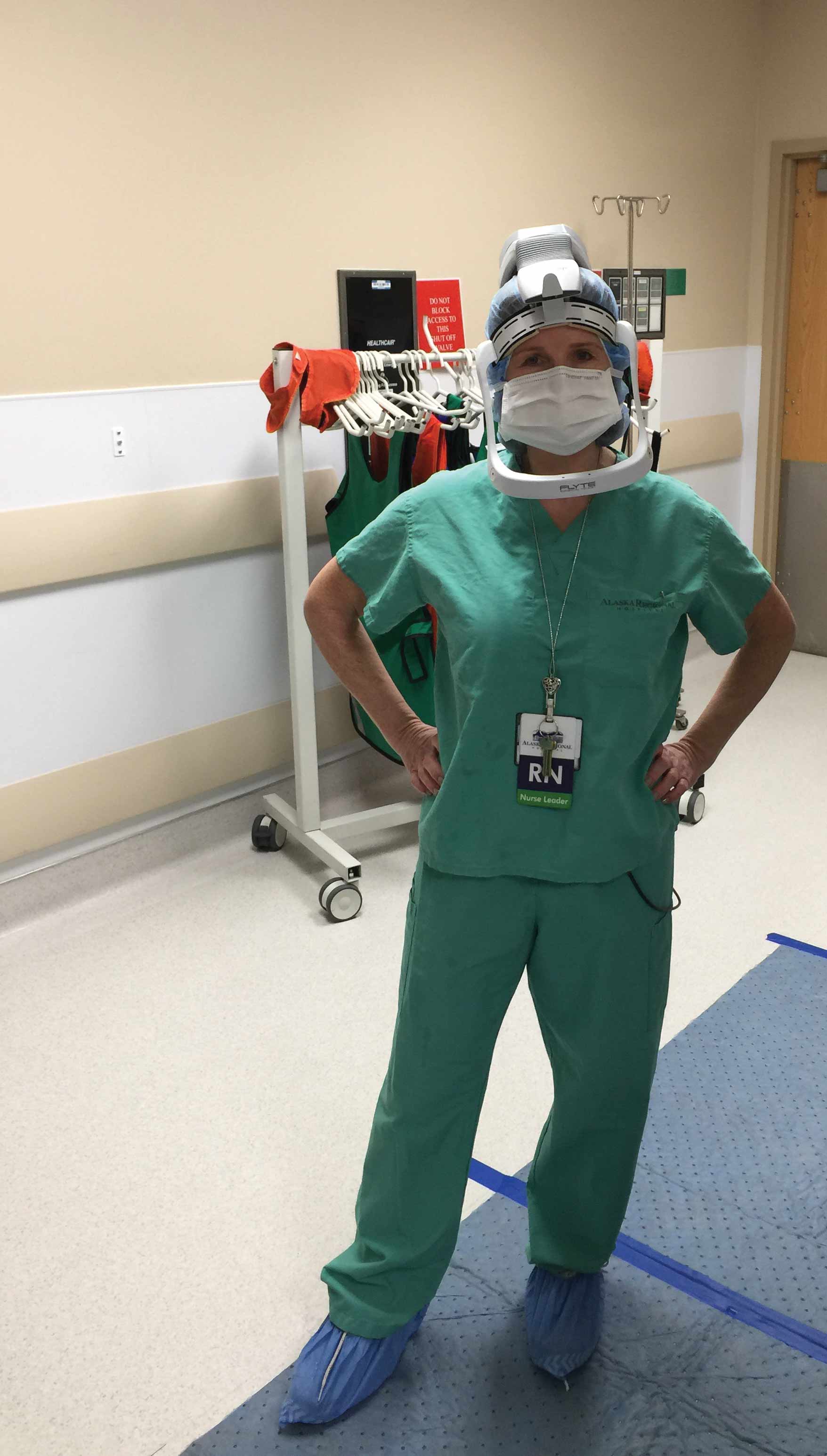
never set out to be CEO of a hospital. I actually had aspirations of beauty school in my younger years, as I always liked helping people feel good about themselves.
I was not the kid who loved school, although good grades came easily. I wasn’t active in student government and was painfully shy in front of crowds. I was your classic “nerd” with a small circle of friends. I couldn’t wait to be finished with high school and take a year off to figure out what I wanted to do.
However, I had a scholarship that required starting college right away, so I enrolled under duress, taking a few basic classes and telling myself there was always next summer to slow down and make some decisions. But my heart was not in it and my grades showed, which is how a high school honor student ended up on academic probation her first semester in college.
I didn’t study for my psych final and didn’t show up for my sociology final because it was snowing. The bottom line was that I wasn’t ready to go to college. I knew it when I enrolled, and in doing so, I wasted time and money in the process.
The experience has turned into a life lesson that I share with others today. The choices we make along the way will always affect our future whether we realize it at the time or not. No effort is a waste as long as you are moving forward!
As the daughter of a nurse and a social worker, one would think my path into healthcare would have been clear. I loved working with people and enjoyed making things better for others. From closets to hair, the “before and after” transitions were something I really enjoyed, and I still do.
When I landed my first job as a nursing assistant in a nursing home and got to do all of these things, I was ecstatic. I loved taking care of the residents. Getting them cleaned up, taking them to their meals and fixing their hair was a great day for me, and I came to love each one of them. After a full summer as a nursing assistant, I decided what I wanted to do…beauty school!
Despite what others would see as obvious signs pointing to healthcare, I was oblivious. I was navigating the enrollment process for beauty school when I learned my best friend was going to LPN (Licensed Practical Nurse) school. I had never thought about that option, and had assumed I’d have to go to school for years to become a nurse. Yet here was a program I could complete in the same amount of time as beauty school. I enrolled and, by the end of the first week, I knew I had found my calling.
nowledge is power.” Coined by Sir Francis Bacon in 1597, I have always found this phrase to be personally significant. It is an expression, or perhaps a mindset, that is universally used to emphasize the importance of knowledge and how it can be used. Hence, I focused on gaining knowledge through formal education, reading, traveling, etc., and was easily impressed with people who showed great knowledge. Not surprisingly, I valued knowledge accumulation as the most beneficial pursuit. That pursuit gave me the certainty of "knowing" things. I knew where I stood on various issues of the day, and I found myself comfortably arguing for my stance. I knew my political positions and was able to defend them with certainty. That certainty gave me a sense of power, which I believed helped me achieve success at home, as well as at work.
y life changed at the Oregon Entrepreneurship Network’s Angel Oregon Conference in March of 2011. Prior to that time, I had been involved in a number of startups as an entrepreneur, advisor and board member. In fact, at the time, I was an Entrepreneur-in-Residence for the Oregon Built Environment and Sustainable Technology Center (Oregon BEST) with the intent of finding my next Cleantech startup.
Leading any entrepreneurial endeavor requires you to be resourceful. You are always resource-limited. And when I say resource-limited, I mean limited in financial resources, production assets, human capital, emotional capital and time. I thought of that as I met with startups, helping them determine what they needed to be successful. I worked with them to determine what should be the company’s key activities (what could they do and what should they do), what key resources they would need, which ones they had and how they could get the ones they needed. We talked about the key partners they had or needed and how to develop those partners. Also, did they have a need for someone with my skill set? Could I be additive to the organization?
or in-person
From the front line to the CEO, every employee impacts the success of an organization. The entire workforce needs competencies that better enable respectful communication, collaboration, problem solving and innovation in order to improve quality and service. The Accelerator Series equips its participants with the right tools and the effective mindsets to deliver positive results.
thestrivegroup.com/events-accelerator-series
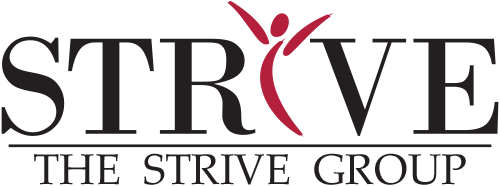
thestrivegroup.com/events
events@thestrivegroup.com
907.2.STRIVE (907.278.7483)

’m a business school researcher, and the game has changed throughout the years. I’ve come to sympathize more with the demands and expectations placed on leaders. What’s more, I think that the education system needs new answers to help them lead through this greater complexity. Our old specialization model helps, but it leads us to perceive half-worlds. Half-worlds avoid complexity. I’ll explain as we go.
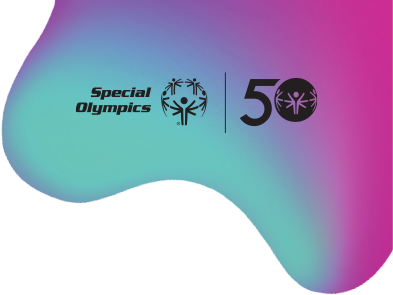
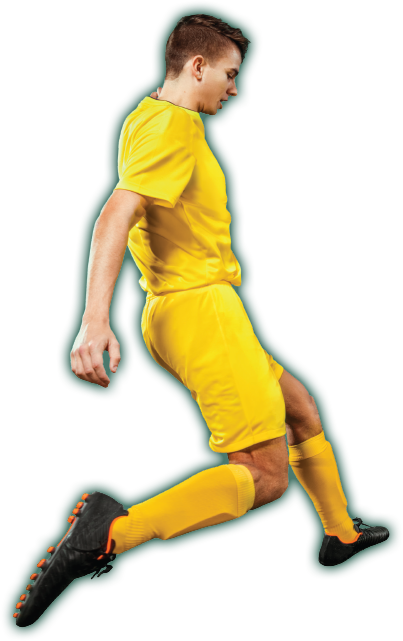
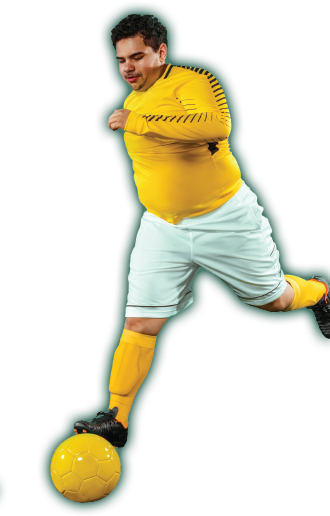

am the newly appointed Dean for the College of Business and Public Policy (CBPP) at the University of Alaska Anchorage (UAA), and this past year has been one of personal firsts: It was my first appointment as a university Dean, and the first time moving my family to live in Alaska. While these were welcome firsts, the last 365 days were not without challenge. Reflecting on what will be important to continue success in this leadership role, one skill stands out: active listening. Having been an academic leader previously, I understand the importance of taking the time to not only listen to members of my internal and external community, but determine how to create channels for listening that will be essential to my team’s success.
helping you and your business move forward.
- Assessments
- Training
- Coaching
- Training
- Coaching
- Team Building
- Strategic Planning
- Action Planning
- Infrastructure Development

907.2.STRIVE
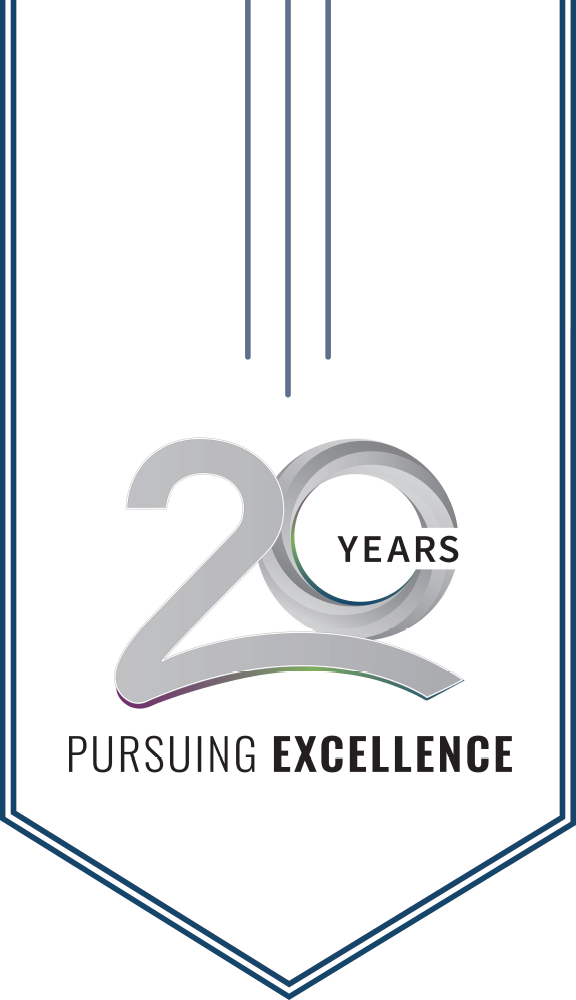
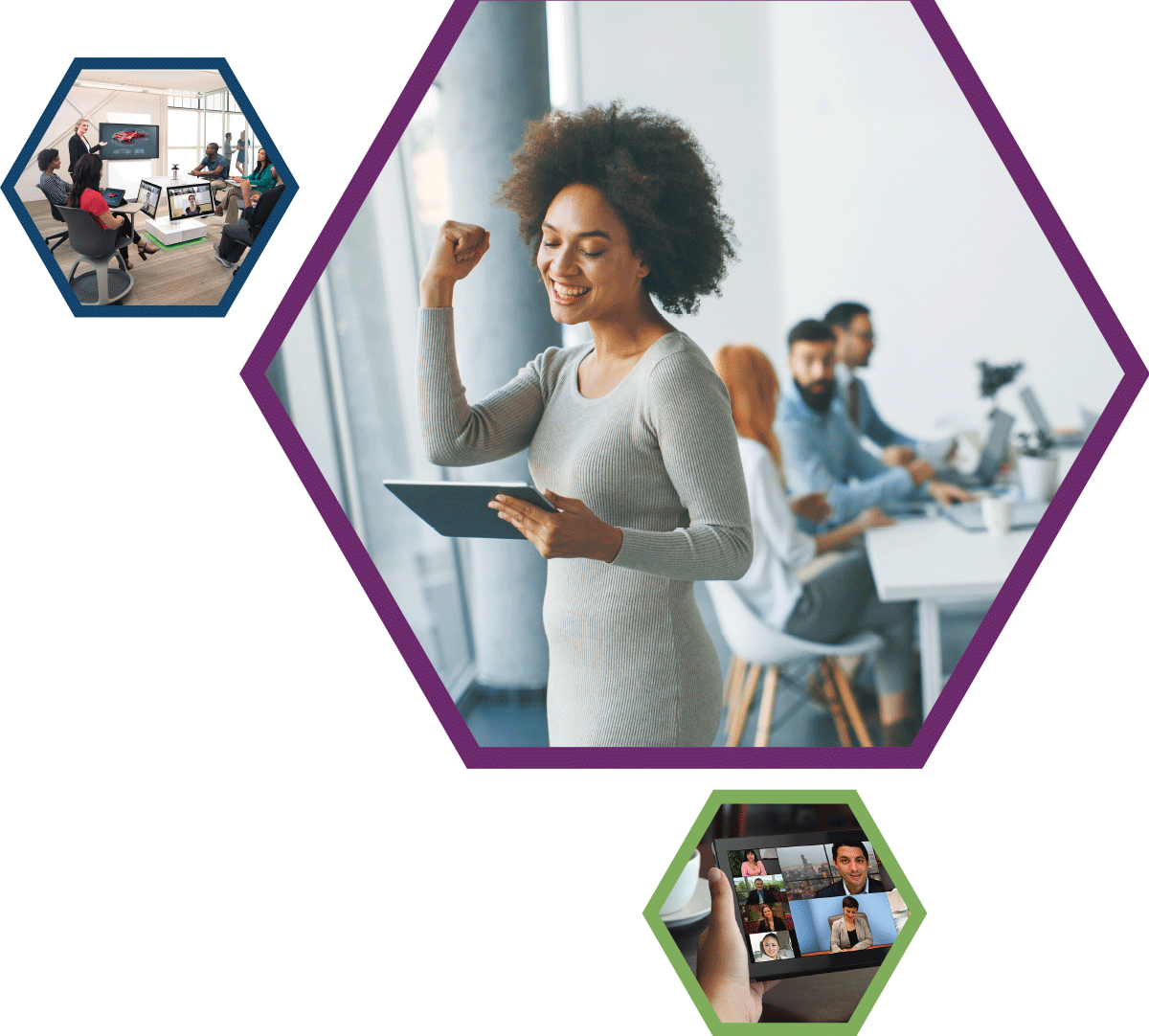

MAKING SIMPLE THE NEW NORMAL
THE CHARIOT GROUP:
![]() EXPERIENCED
EXPERIENCED ![]() KNOWLEDGEABLE
KNOWLEDGEABLE ![]() PROGRESSIVE
PROGRESSIVE
![]() EXPERIENCED
EXPERIENCED![]() KNOWLEDGEABLE
KNOWLEDGEABLE![]() PROGRESSIVE
PROGRESSIVE
Powerful, transparent technology that works.
OUR SERVICE MAINTENANCE AGREEMENTS INCLUDE:
![]() Preventative Maintenance
Preventative Maintenance![]() Both On-site & Remote Support
Both On-site & Remote Support![]() MySupportTM Web Portal
MySupportTM Web Portal![]() File Retention
File Retention![]() Training
Training![]() Equipment
Equipment
info@chariotgroup.com | 877.822.5300 | www.chariotgroup.com

Thanks for reading our Jul-Sept 2019 issue!

